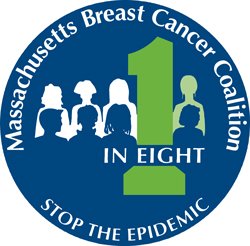Massachusetts Breast Cancer Coalition (MBCC) is partnering with researchers and other community organizations on a new study of the effects of highly fluorinated chemicals (PFASs) on children’s health called PFAS-REACH (PFAS Research, Education, and Action for Community Health). This is a five-year project, funded by the National Institute of Environmental Health Sciences, and will include Silent Spring Institute, Northeastern University, Michigan State University, Testing for Pease, and Toxics Action Center. This will be the first study to evaluate immune systems effects in children exposed to PFASs through drinking water, specifically to PFASs from firefighting foams.
The major goals of the study are to:
- Evaluate immune system effects in children (ages 4 to 6) in two communities with prior PFAS water contamination (Pease Tradeport, NH and Hyannis, MA). Researchers will test antibody levels in samples taken shortly after the children receive their diphtheria and tetanus vaccines, and evaluate associations with PFAS blood levels.
- Develop an innovative online resource center, the “PFAS Exchange,” with data interpretation tools, tap water testing, and educational materials for affected communities and other stakeholders.
- Assess individual, family, and community-level experiences of residents in areas impacted by PFAS-contaminated drinking water.
You can read more about the study here.
MBCC will work with our sister organization Silent Spring Institute and the rest of the project team to organize community events to raise awareness about the study, work with pediatricians and other medical professionals, and support strong policies at the state and national level to address these harmful chemicals.
If you are interested in receiving updates about the study, please send an email to PFAS-REACH@silentspring.org.
